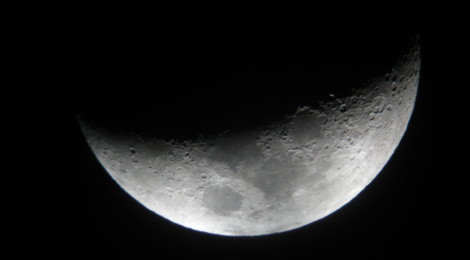
Space: It’s really happening!
Those who knew me as a high school student know that part of the reason I pursued engineering was so that I could one day respond to the comment “what’s so hard about your job, it’s not like it’s rocket science,” with “well, actually… it is!”
That was over ten years ago, and I have been on a long journey of self-discovery and world-discovery ever since. However, somehow, along that journey I had forgotten about space and rocket science. To my delight, this has been the year that space has become very real to me again.
One of the most amazing things about being back in a university environment this year has been the ability to have candid discussions on the most fascinating topics. For me, many of those discussions with fellow students and professors have revolved around space technologies.
Between privatization in the sector, and the declining cost of components, space is finally becoming accessible in a very big way. In our Strategy & Innovation class we discussed Virgin Galactic and SpaceX – both of which have done wonders to reduce the cost of launching, in the hopes of achieving low-orbit space tourism for the masses (well… at least for the masses who happen to have $200,000 to spare in the current day, but this cost will inevitably come down over the next decade or two). On a trip to San Francisco, I had the chance to visit an Oxford alum at Nanosatisfi, who has funded their first satellite on Kickstarter, with ambitions of allowing any researcher or enthusiast to take control of a satellite for a period of time on a rental basis. These are small steps towards a big transformation: business is going to space.
I am exciting to be taking the summer to consider the many, open-ended business applications of space technologies in the coming years. More space infrastructure will certainly warrant servicing and repair businesses, and moreover, almost anybody with some technical know-how will be able to actually build and launch small satellites (there’s even a DIY manual on it here). Furthermore, clusters of satellites will require better controllers, sensors, and protocols to improve the quality of data they send back to earth. Finally, a host of sensors stand to give us greater insight to how complex systems (e.g. weather) work.
The stars of business and technology are finally aligning. Keep watching this space.
